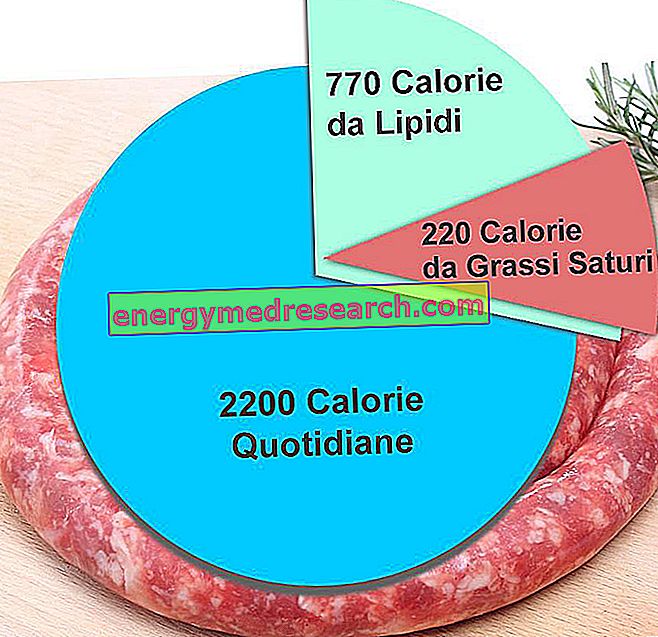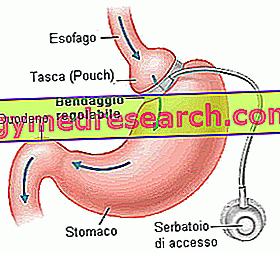Definition of spermicide
Spermicides are on the list of "chemical" contraceptive methods. These are gels, sprays, creams or suppositories / vaginal ovules that can immobilize or kill spermatozoa before they enter the uterus.

Key points
Let's look at the general features. For more information, read the dedicated article.
spermicides | |||
| General characters | Advantages | Disadvantages | Protection from unwanted pregnancies |
|
|
|
|



